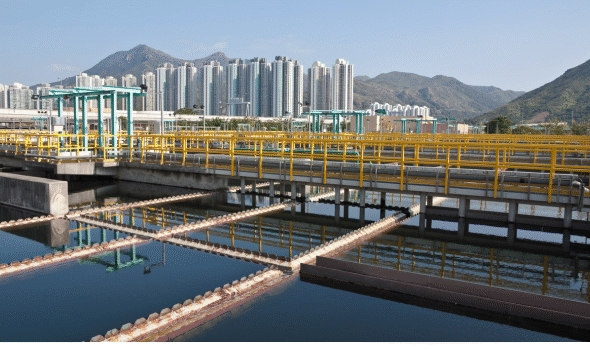INTRODUCTION:
Transition engineering addresses the critical challenge of shifting industries and organizations toward sustainable practices and resilient systems. As the world faces escalating environmental, economic, and social pressures, the need for innovative approaches to managing transitions has become paramount.
The course begins with an examination of the historical context and drivers of transition, including climate change, resource constraints, and technological advancements. Participants will gain insights into the systemic nature of these challenges and learn how to identify leverage points for effective intervention.
A core component of transition engineering is envisioning sustainable futures and creating actionable pathways to achieve them. Through scenario analysis, systems thinking, and risk assessment, participants will develop the skills to design and implement strategic plans that align with long-term goals.
This masterclass prepares professionals to navigate uncertainty and complexity while advancing sustainable development. Whether in energy, transportation, manufacturing, or governance, participants will leave equipped to lead transformative projects that balance economic, environmental, and social imperatives.
COURSE OBJECTIVES:
- Analyze the systemic nature of environmental, economic, and social challenges.
- Develop skills in scenario planning and systems thinking for strategic decision-making.
- Design sustainable pathways and actionable plans for organizational transitions.
- Explore tools for stakeholder engagement and interdisciplinary collaboration.
- Learn from global case studies of successful transition projects.
- Build resilience and adaptability in navigating complex transitions.
COURSE OUTLINE:
Module 1: Introduction to Transition Engineering
- Overview of transition engineering and its relevance
- Historical drivers of transition: environmental, economic, and social factors
- Key principles and concepts: sustainability, resilience, and systemic change
- The role of engineers and change agents in driving transitions
Module 2: Systems Thinking and Scenario Analysis
- Fundamentals of systems thinking and feedback loops
- Identifying leverage points within complex systems
- Tools for scenario planning and visioning sustainable futures
- Case studies on applying systems thinking to real-world problems
Module 3: Designing Pathways for Sustainable Transition
- Frameworks for creating actionable transition plans
- Strategies for aligning short-term actions with long-term goals
- Risk assessment and mitigation in transition projects
- Examples of sector-specific transitions: energy, transportation, and industry
Module 4: Stakeholder Engagement and Collaboration
- Techniques for effective stakeholder identification and involvement
- Building interdisciplinary teams for transition projects
- Managing conflicts and fostering cooperation across sectors
- Best practices for communicating transition goals and progress
Module 5: Tools and Methodologies for Transition Engineering
- Introduction to lifecycle assessment, carbon footprint analysis, and other tools
- Integrating technology and innovation into transition strategies
- Metrics for measuring progress and impact
- Hands-on workshops for applying methodologies to participant-led projects
TARGET AUDIENCE:
- Engineers and technical professionals working in sustainability and innovation
- Business leaders and executives seeking to transition their organizations
- Policymakers and regulators addressing systemic challenges
- Environmental consultants and sustainability practitioners
VENUE: Gambia
DURATION: 1 week
DATE: Open









